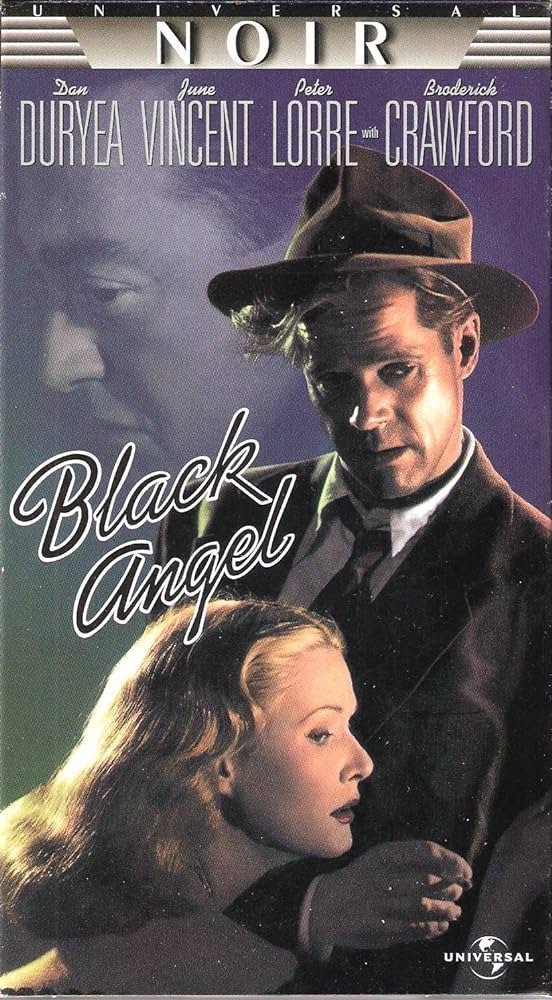- Messages
- 12,736
- Location
- Northern California
Black Angel (1946) on TCM’s Noir Alley right now. Despite its less than glowing reviews, I figured that since it was an adaptation of a Cornell Woolrich novel, I would give it a chance. It was okay for the most part. It felt flat. Peter Lorre as the shady nightclub owner was the only character I cared about. He was as good as I have ever seen and I would have enjoyed seeing more of his character.




